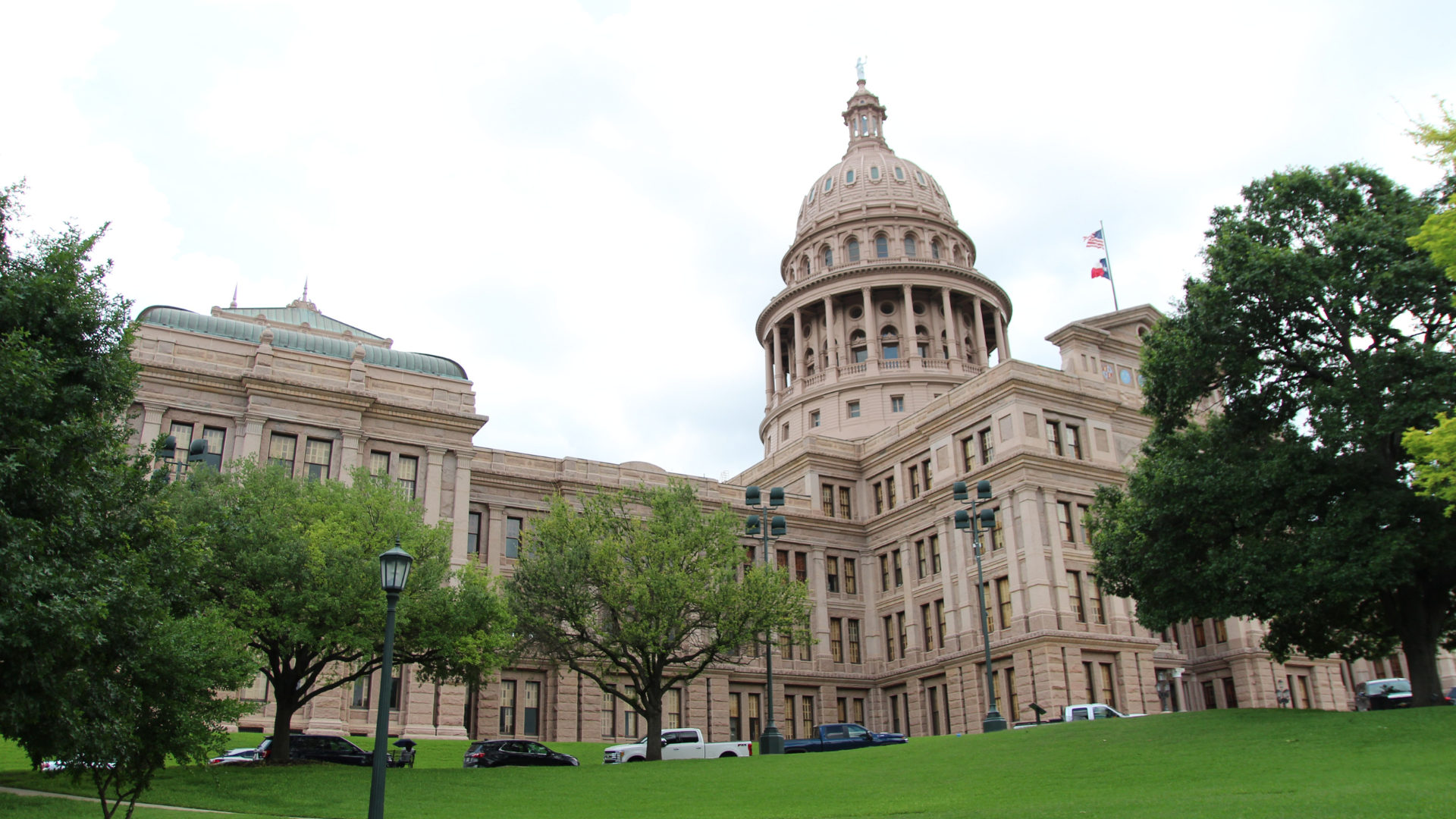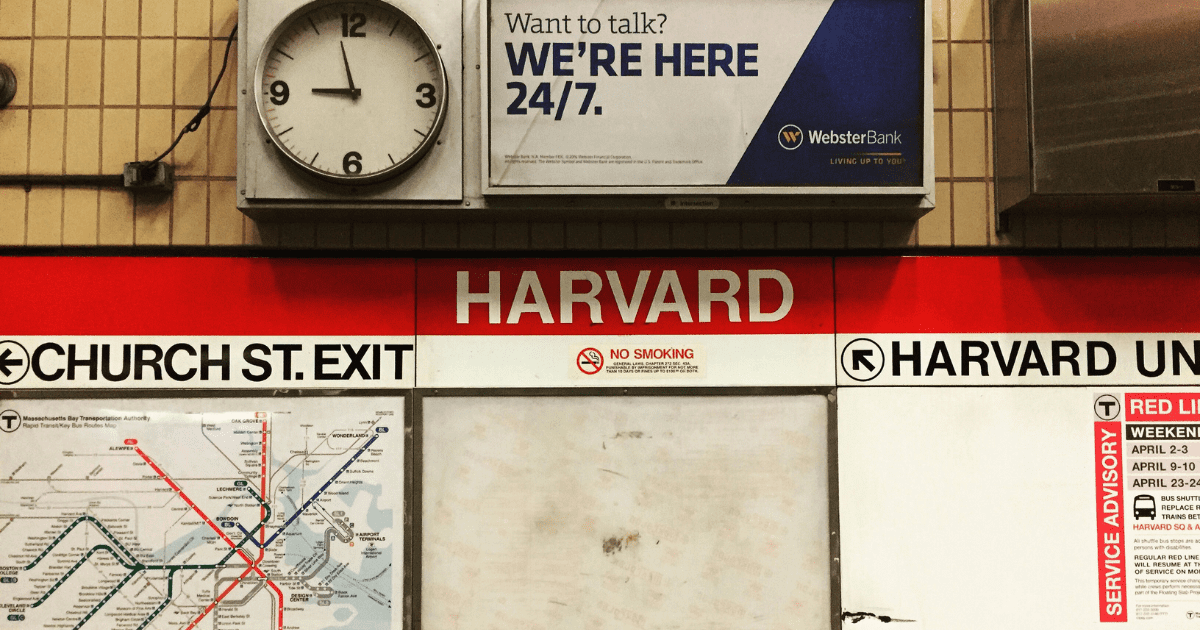by Lauren Gideon
As a classical educator, I can’t hide my enthusiasm when I find connections between the disciplines and realize the opportunity to practice the classical tools.
To set the stage, we are now walking full steam ahead towards securing the presidential party nominations and the November general election. If you are an active participant in politics or even just a spectator, you know that things aren’t just as simple as team red vs. team blue. Even in our system, dominated by two major parties, it’s not as if we’re separated into giant circles, holding hands and singing Kumbaya.
Why not?
Factions.
Factions – What divides us
Factions are smaller groups within the larger group that often have robust disagreements with other factions based on their differences of opinion. They usually take a bad rap but are a strong indicator of freedom. Our copious evidence for diversity of thought (factions) affirms our political tolerance for freedom of thought, speech, association, etc.
The word fraction is just one letter different and simply refers to a smaller part of the whole. These two words have much in common, but they are not related. However, our factions ARE fractions. It is human nature to form factions within our larger groups, like our families, churches, associations such as political parties, our nation, our world, or within all of humanity past and present, which are consequently fractions of different wholes. Madison discusses factions in Federalist No. 10, which explains the inevitability, the necessity, and the problems they can cause, but also how best to control their effects.
The conservative sphere is fraught with factions and, consequently, fractions. Now, what we know of political power in our republic is that when you divide your collective voice into smaller and smaller groups, it loses power and influence. Those concerned with efficacy are frustrated by these factions that fraction the influence of the whole. To consolidate influence, they cry for unity. Unity is nothing more than the combination of these fractions. And the fractions must combine to have any successful operations.
Combining fractions? Operations? That sounds like arithmetic!
Combining fractions requires the operation of addition. To add fractions, however, we must follow the rules of that operation. Step one is to attend to the elements. We know a fraction has both a numerator and a denominator. The denominator is also called the base.
Now, to combine fractions for the sake of an operation, we know that we must have a common denominator. How do we do that? First, we acknowledge that every denominator is the product of several factors. (I know I have yet to connect all the dots, but I hope you can see where this is going!) When we examine our denominator, we must do the diligence of sorting out all the unique factors. To get to a common denominator, sometimes we must let go of a factor and bring in a new one. Still, we must negotiate between fractions until we can develop a common denominator on which to operate.
Do we have to agree with everyone about everything then?
In short, “no.” You need to find a common base only to operate or TO DO something. That means the people or groups we work with can change based on the thing/things we are doing. For example, philanthropy is a factor/value of many groups that may disagree on theology or eschatology. But to operate on the base of philanthropy, we don’t necessarily have to factor in values that we don’t have in common.
Politically, we all have bases that are the product of several factors. We have analyzed some of these factors and clarified how and why they became part of our base. We still need to analyze others to have that clarity on their value. Only through this understanding (dialectic art) can we be fruitful in our rhetoric. Clarity helps us find commonality, the essential ingredient for successful operations.
Commonality vs. Distinctions
But commonality is not our nature. Factions are notorious for obsessing over our distinctions. While clarity can come through distinctions, without an appropriate value on commonality, we can kiss operating goodbye!
So why do we prefer to focus on our distinctions? I’ll answer a question with a question. If we focus on what we have in common, or what is the same value, how can we prove the value of our factor to be superior?
We can’t. There is no foothold for our pride or ego when we seek to discover that which is shared or equal. Can it be pride at the root yet again? Surly not, and especially not within Christian conservativism. (I jest).
But before we all unify around the unity train, allow me this caveat
Our common denominator is only as valuable as the factors it contains. There will be those that cry out for unity for unity’s sake. Ignore their baseless cries. Unify on factors that are good, true, and beautiful. To do this, we must know these things, love them, and look for them in the world and people around us.
Philippians 4:8 ESV
8 Finally, brothers, whatever is true, whatever is honorable, whatever is just, whatever is pure, whatever is lovely, whatever is commendable, if there is any excellence, if there is anything worthy of praise, think about these things.
Lauren also contributed The Free-Market Education Table at the Potluck.

Lauren Gideon is the Director of Public Relations for Classical Conversations. She has been a home educator since her first student was born 18 years ago. She came to Classical Conversations for support when the student count in their home grew beyond what she thought she could navigate on her own. The Foundations curriculum brought their family together, provided a scope and sequence that was manageable, and always directed their attention to Christ. Lauren credits her experience as a home educator and as a leader within Classical Conversations for giving her the classical tools to tackle whatever opportunities come her way. In addition to homeschooling her seven children, she co-leads community classes that unpack our nation’s founding documents and civic responsibility. However, she is happiest at home, preferably outside, with her husband of 18 years, tackling their newest adventure of building a modern homestead.














